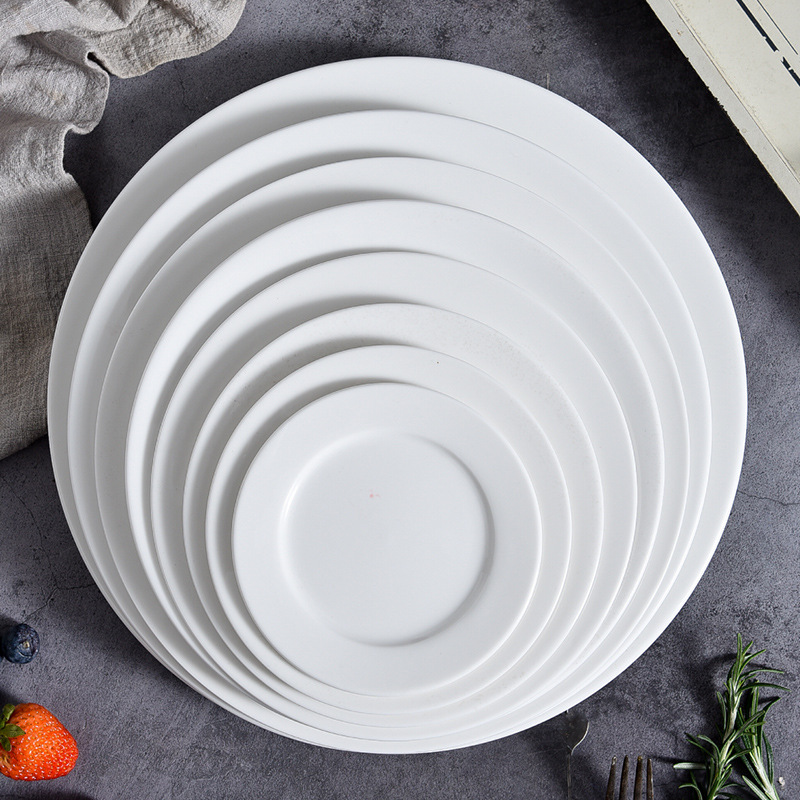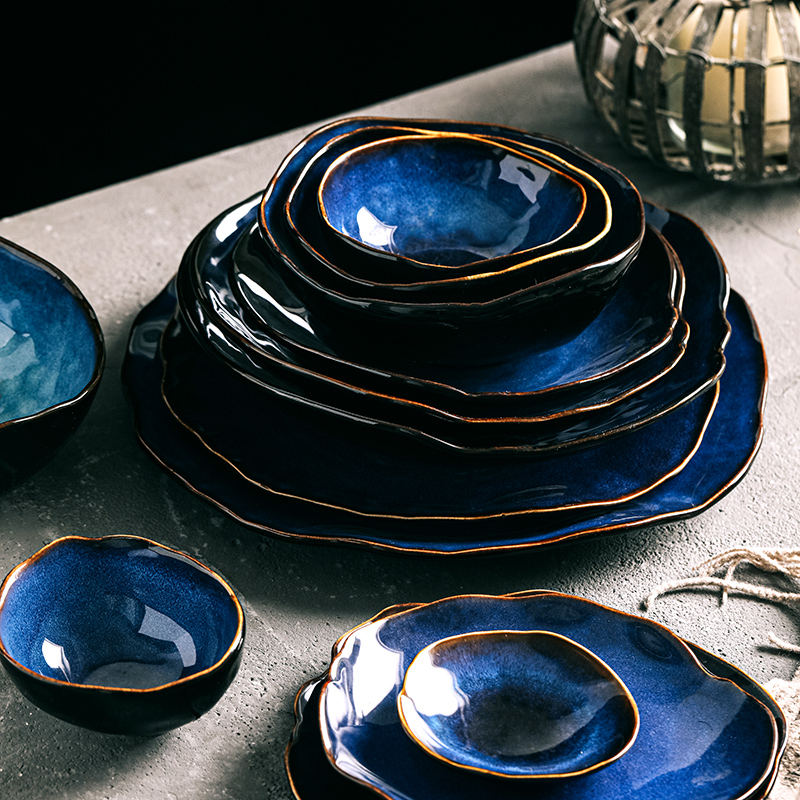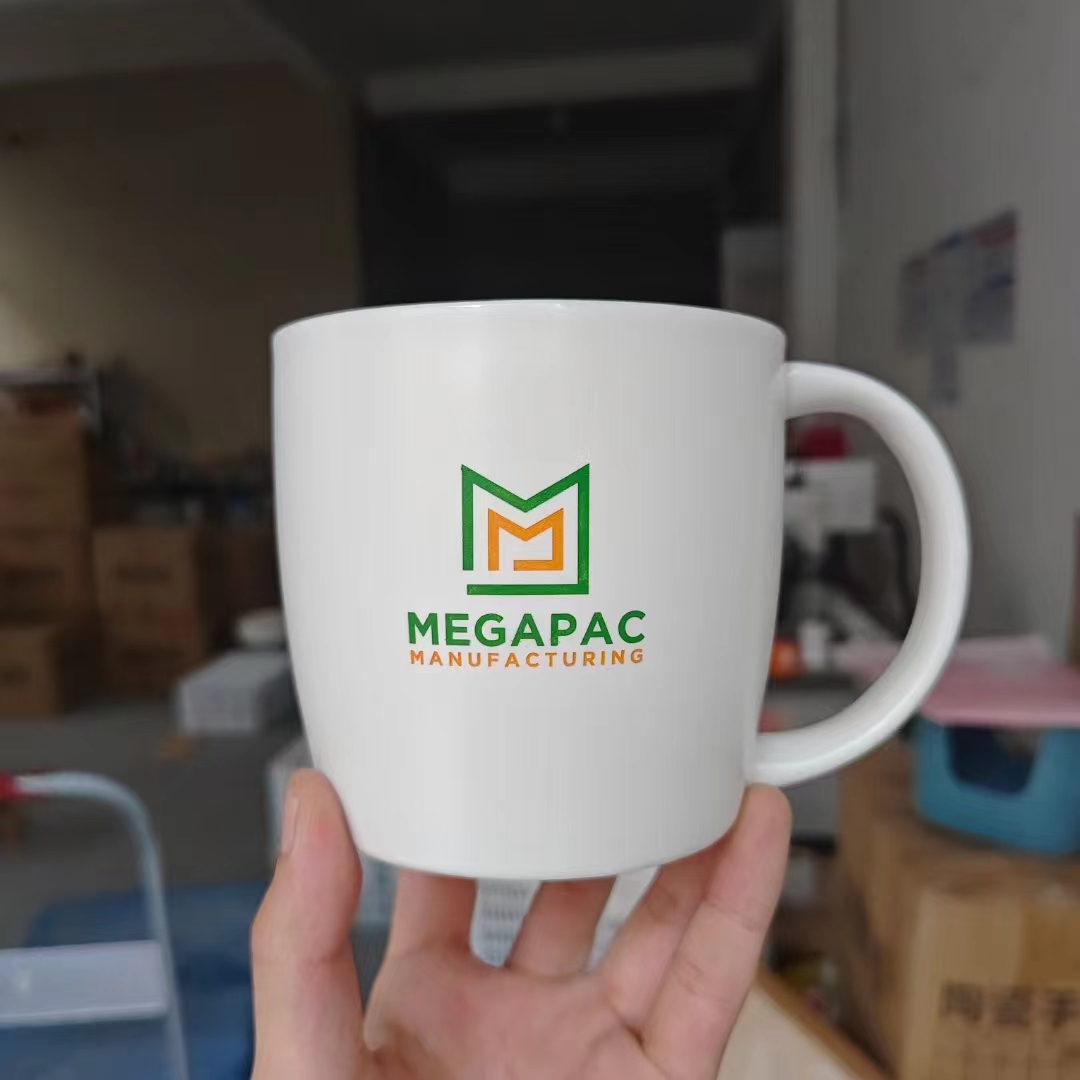"Strengthened porcelain" typically refers to porcelain materials that have been treated or processed to enhance their mechanical properties, making them stronger and more durable. There are several methods used to strengthen porcelain, including:
Chemical Strengthening: This process involves immersing the porcelain in a chemical solution, typically a potassium salt bath, which causes ion exchange within the material, creating a compressive stress layer on the surface and increasing its strength.
Thermal Strengthening: Porcelain can be subjected to controlled heating and cooling processes to induce thermal stresses, which can strengthen the material. This is often done through processes like thermal tempering or annealing.
Mechanical Reinforcement: Porcelain can also be reinforced mechanically by incorporating additional materials, such as fibers or particles, into the porcelain matrix. These reinforcements help to prevent crack propagation and enhance overall strength.
Design Optimization: Sometimes, the design of porcelain products can be optimized to distribute stresses more evenly, reducing the likelihood of fractures and increasing overall strength.
Strengthened porcelain is commonly used in various applications, including kitchenware, electrical insulation, and dental restorations, where durability and resistance to breakage are essential.

 Japanese Style Sake Cup Sets with Pot
Japanese Style Sake Cup Sets with Pot
 Home Living for Ceramic Dinnerware Sets and Mugs
Home Living for Ceramic Dinnerware Sets and Mugs
 Colorful Laser Engraving Logos
Colorful Laser Engraving Logos

